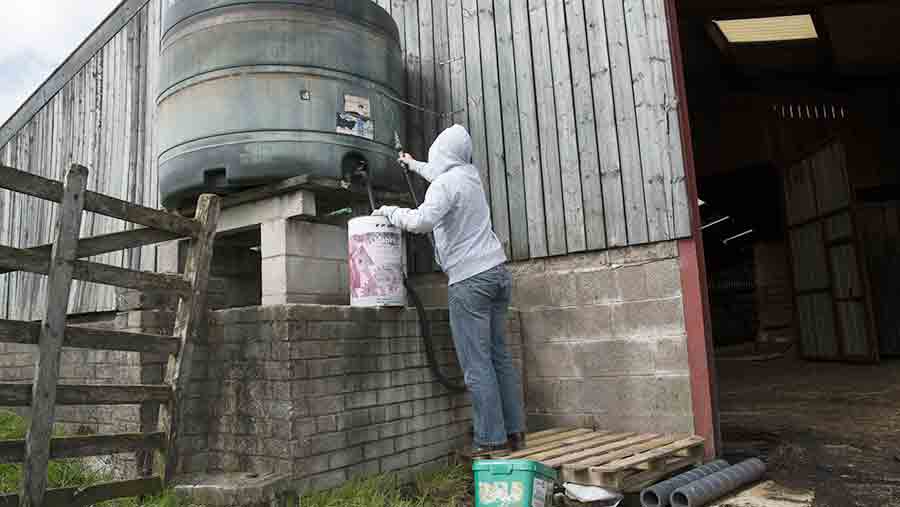Police must work with farmers to fight rural crime, says NFU
 FLPA/John/Eveson/Rex/Shutterstock
FLPA/John/Eveson/Rex/Shutterstock The NFU is demanding a more co-ordinated approach between police, government and farmers to tackle the rising tide of farm crime.
Farmers are reporting dramatic increases in incidents of rural crime, especially fly-tipping, hare coursing and theft of agricultural machinery.
The cost of rural crime soared to £42.5m in 2015, according to NFU Mutual figures, as rural crooks continued to wage war on the countryside.
See also: News backgrounder – the NFU’s manifesto on rural crime
But a new NFU report on rural crime, published on Monday (17 July), found that farmer dissatisfaction levels with the way police respond to rural crime are high.
A vicious circle of low expectations is leading to chronic under-reporting of farm crime, anger, frustration and worry.
In particular, farmers feel the 101 system for reporting crime, combined with the fear of violent retribution from rural criminals, is also contributing to under-reporting.
‘Postcode lottery’
NFU deputy president Minette Batters said the union would like to see a co-ordinated and consistent approach that would allow police forces to share best practice.
“With significant and varied differences across police forces, safety in rural areas has become a postcode lottery,” she added.
“There are many very good examples of police forces taking action and implementing good practice to deal with rural crime, with great success.
“But we believe more joined-up thinking is needed from police forces with local authorities and government to address these issues.”
The NFU report cites examples of good practice, including bespoke rural crime teams, such as North Yorkshire Police’s rural crime task force, North Wales Police’s rural crime team and Lancashire Constabulary’s Livestock Theft Prevention Scheme.
But more than 1,000 rural stations closed stations between 2000 and 2012, directly affecting the level of police surveillance.
9 NFU ‘asks’ in the report
- UK government to form a cross-departmental rural crime task force.
- A definition of rural crime to be agreed between government and the farming industry to enable accurate recording of crime.
- The Sentencing Council to review penalties to ensure sentencing reflects the cost and impact of rural crime.
- More funding for research to understand rural crime and its links to organised criminal networks.
- A dedicated rural police team in each police force.
- Police to have access to modern communication technology to offer a consistent and reliable system for reporting rural crimes.
- Develop the 101 system to ensure it becomes a more effective national single non-emergency number.
- Consistent, ongoing training for police officers on understanding farm businesses and the impact of rural crime.
- Training for control room staff in police incident reporting centres on farm issues.
